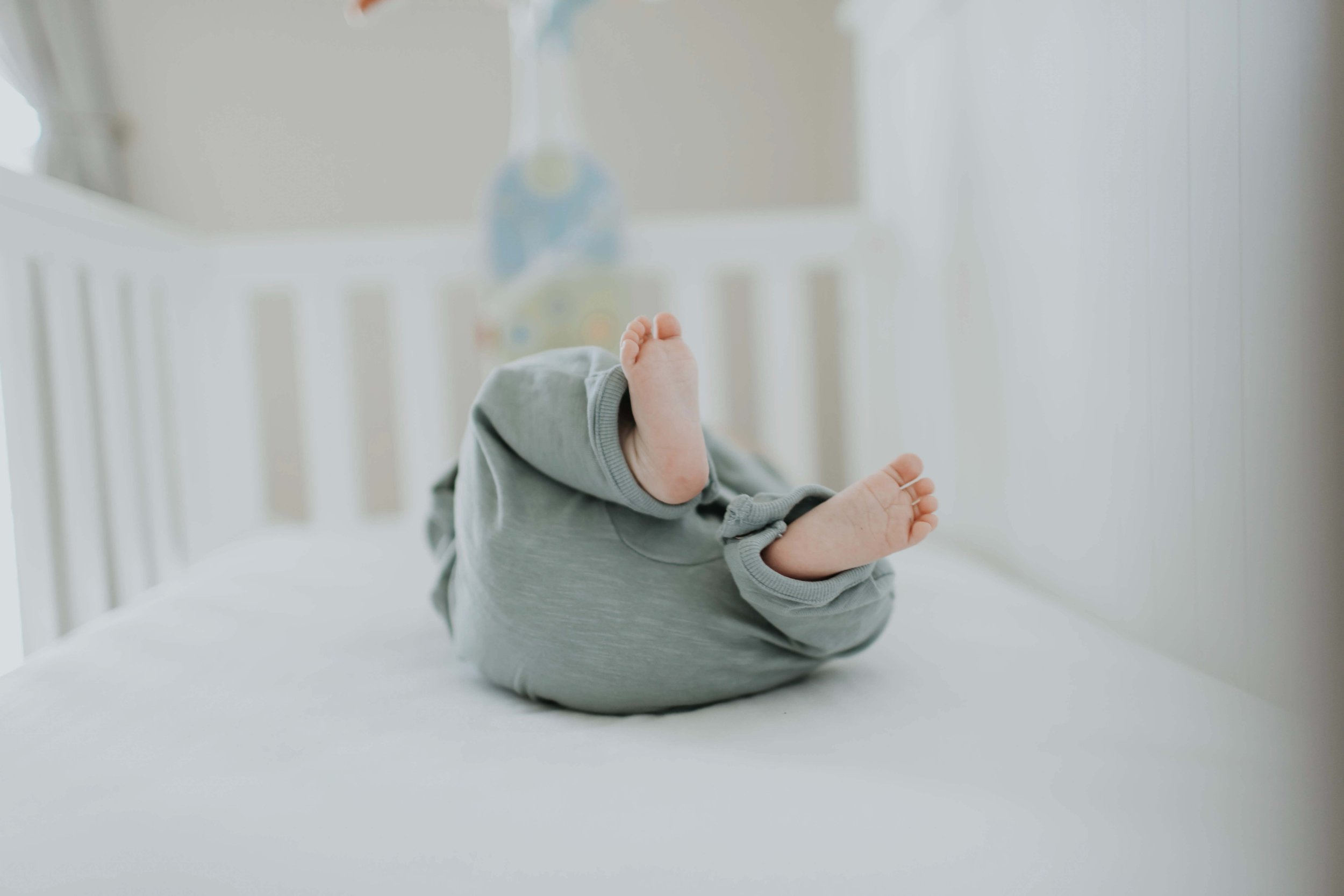
Helping you navigate the complex world of sleep
Here’s how it works
Because better sleep doesn’t come from generic advice—it comes from support that’s tailored, informed, and ongoing.
1
Personalised Guidance That Meets You Where You Are
We begin by understanding your unique situation—your baby, your routines, your values—and then build a plan that fits your family. No cookie-cutter solutions, no pressure to follow one rigid method. Just clear, personalised strategies that make sense for your life.
2
Real Understanding That Builds Lasting Change
You’ll learn how your baby’s brain and body work when it comes to sleep—and why some strategies fall flat while others stick. I’ll help you make sense of your baby’s cues, rhythms, and needs, so you feel confident in making informed changes that support their development.
3
Support That Stays With You
Learning something new—especially around sleep—can feel overwhelming. That’s why I’m with you every step of the way. From gentle mindset shifts to practical troubleshooting, I’ll help you stay consistent, build your confidence, and create healthy sleep habits that actually last.
"Having read way too much about sleep and probably trying one too many things, Kate offered us a clear and simple plan to suit our specific situation. With a few simple tweaks, our whole family is suddenly feeling much more rested. We felt very supported and reassured through the whole process."
— Ella
FAQs
-
Let Me Introduce You to My Sleep Philosophy
Let’s start with something important: I don’t use the term sleep training. It’s become loaded, divisive, and honestly—doesn’t reflect what I do. What I do help with is building healthy sleep skills and foundations that last—not only through childhood but into life.
Sleep isn't a one-size-fits-all solution. That’s why I don’t offer rigid routines or recommend cry-it-out methods. I work with you to find a respectful, supportive approach that fits your baby’s temperament, your parenting style, and your family’s needs.
So what do I do?
I help babies and toddlers learn how to sleep through connection, structure, and skill-building—not through separation or stress.
Because when your baby develops the ability to self-regulate and self-settle, they're not being neglected—they’re being empowered. And when you understand how sleep really works, you feel confident too.
That doesn’t mean there won’t ever be tears—just like learning to crawl or walk, mastering sleep takes practice, and that can sometimes be frustrating. But with the right support, babies can do hard things, and parents can feel good about how they guide them through it.
I’m here to help you:
Support your child’s emotional development while improving sleep
Avoid sleep strategies that feel harsh or misaligned with your values
Understand what’s behind sleep disruptions (not just patch the symptoms)
Learn when to step in and when to give your child space to grow
Create consistent, respectful routines that actually work
As your child becomes more confident in falling asleep independently, they’ll also become more capable of resettling overnight—and you’ll both start getting the rest you need to feel like yourselves again.
-
No—absolutely not. Letting your baby cry without support doesn’t teach them how to fall asleep. It only leads to distress—for both of you—and undermines trust and emotional connection.
What does support healthy sleep is understanding the full picture. Sleep is influenced by both physiology and behaviour—and we need to look at both.
🧠 The Physiology of Sleep
First, we ensure your child is being asked to sleep when their body is biologically ready. No amount of rocking or resettling will work if the timing isn’t right—this is about tuning into natural rhythms and sleep needs.
💤 The Behavioural Side
Falling asleep isn’t like flipping a switch—it’s a learned process. Just like adults, babies use patterns and cues to initiate sleep. If your child has always relied on being fed, rocked, or held to sleep, they may not yet have the skills or confidence to do it on their own.
That’s where I come in. We work gently and gradually to help your child develop their own sleep skills—without leaving them to cry alone. The strategies I use are backed by evidence and grounded in how your baby’s brain works—specifically, its ability to learn through repetition and pattern recognition.
This means your baby learns new ways to settle, while still feeling safe and supported by you.
So no, you don’t have to leave your baby to cry. You just need the right tools and support to help them learn—and the confidence to know you're doing it in a way that nurtures both their development and your connection.
-
There are a few ways I like to answer this—because the “right time” can look different for every family.
Often, you’ll feel when it’s time. The strategies you’ve been using might stop working, or become too exhausting to keep up. That’s usually your sign: something needs to change.
You can absolutely begin encouraging healthy sleep foundations from early on—but the specific strategies we use will always depend on your baby’s age, stage, and unique needs.
The most important thing to know?
It’s never too early—or too late—to make sleep better. No matter your child’s age, there’s always something we can do to support more restful nights, smoother bedtimes, and a calmer experience for everyone. -
Meet Dr. Kate Johnson
Sleep Scientist
I’ve spent my entire career researching sleep—and now, I use that knowledge to help families like yours get the rest they need. My approach is grounded in science, backed by years of clinical experience, and delivered with care and compassion.
My Qualifications & Experience
🎓 Academic Background
Ph.D. in Sleep Physiology, University of Melbourne
Bachelor of Science (Psychology), University of Melbourne
🔬 Research & Clinical Fellowships
Postdoctoral Fellow, Human Sleep and Neuroscience Programs, Stanford Research Institute, USA
Postdoctoral Fellow, Division of Sleep Medicine, Harvard Medical School & Brigham and Women’s Hospital, Boston, USA
Former Manager, Human Sleep Research Laboratory
📚 Academic Contributions
Published extensively in international, peer-reviewed sleep science journals
Lecturer and speaker on sleep physiology and child development
🤝 Professional Memberships
Member, International Association of Child Sleep Consultants
Member, Association of Professional Sleep Consultants
Current Volunteer Roles
I’m proud to contribute to initiatives that support children and families beyond sleep:
Chair, Parents’ Advisory Group, Children’s Cancer Centre at the Royal Children’s Hospital
Board Member, Children’s Cancer International
Scientific Advisory Committee Member, Children’s Cancer Foundation
Chair, School Education Advisory Board, St Bernadette's Primary School
-
Both consultation types are designed to help you get clarity. We’ll work together to pinpoint the exact sleep issues you’re facing and identify what changes will make the biggest difference.
The key difference lies in how we work together:
Virtual consultations give you personalised support via Zoom. They’re ideal if you're confident implementing changes with guidance and prefer the flexibility of online access.
In-home consultations offer hands-on support in real time. Some parents feel more comfortable with face-to-face guidance—being able to see techniques demonstrated and having me right there beside them can make it easier to implement something new.
Think of it like how we all learn differently: some people can absorb info on a screen, while others need to print it out, highlight it, and do it in real life. If you prefer a more interactive, in-person experience, the in-home consultation may be the best fit for you.

